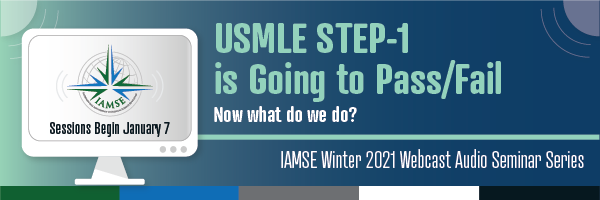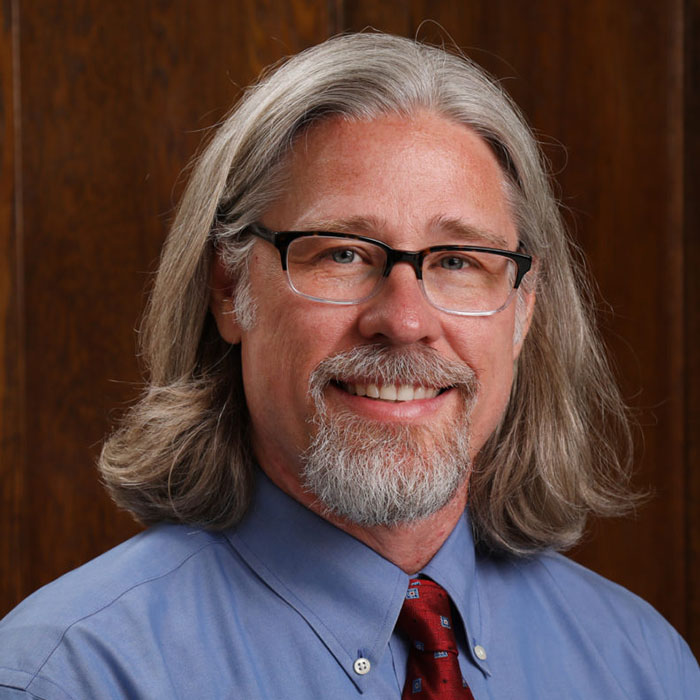A Review from Medical Science Educator
from Dr. Carrie Elzie
This month the IAMSE Publications Committee review is taken from the article titled Preparing Medical Students to Address the Needs of Vulnerable Patient Populations: Implicit Bias Training in US Medical Schools, published online in Medical Science Educator, (03 February 2020) by Morris, M.C., Cooper, R.L., Ramesh, A., Tabatabai, M., Arcury, T.A., Shinn, M., Im, W., Juarez, P & Matthews-Juarez, P.
Unconscious bias, also known as implicit bias, refers to attitudes or stereotypes that are outside our awareness and affect our understanding, interactions, and decisions. While academic medicine has made progress against explicit discrimination, implicit bias is still threatening to stifle the quality and equality of health care and health research. Bias can result in poor physician-patient communication, lack of trust, lower standard of care, restricted access to services, lower adherence to treatment, poorer personal health outcomes, and health disparities within the population. This is particularly true for vulnerable populations or those at increased risk of receiving a disparity in medical care on the basis of financial circumstances or social characteristics such as age, race, gender, ethnicity, sexual orientation, spirituality, disability, or socioeconomic or insurance status.
In their study, the authors focused on the health disparities of three vulnerable patient populations – LGBTQ, migrant farmworkers and individuals experiencing homelessness. While I initially found these populations somewhat disparate, I also thought thank you for elevating these populations to the forefront of the medical education conversation as they are a growing constituent of the social, political, and medical landscape! While estimates vary significantly, it is likely that LGBTQ individuals make up roughly 6% of adults worldwide, homelessness accounts for about 2% of the world’s population, and 1% of the US population are estimated to be migrant farmworkers.
The goal of the paper was to emphasize the need for implicit bias training in medical education, to survey the US medical education landscape on implicit bias training, and to determine if these particular populations were included in training. As such, the researchers surveyed all allopathic US medical schools garnering a response from half (71 schools). Of the respondents, 51% indicated that their students received implicit bias reduction training. LGTBQ was covered by 39% of the respondents, 14% included migrant farmworkers and 11% homelessness. Most of the training occurred within the first three years of medical training and was delivered primarily as lectures (71%), case- or problem-based learning (50%) and small group discussions (46%).
Implicit attitudes contribute to unequal care by influencing not only physicians’ assessments and clinical decision making but also the way they interact with patients.
While this was not an expansive study, it does illustrate the need for training of future physicians in implicit bias of vulnerable patients and helps to bring the conversation to the table. When considering implementing implicit bias training, it is important to critically appraise the pedagogical techniques that are most beneficial. One of the most effective strategies is supplementing training with evidence-based medicine to discern disparities. Another strategy is to specifically incorporate bias confrontation during clinical skills training and decision making simulations. Virtual reality is also a promising technology that has been shown to reduce bias and increase empathy. Regardless, the true formula for change will require an array of interventions designed to address the many structural and personal barriers that impede implicit attitudes.
Carrie Elzie, PhD
Associate Professor
Pathology and Anatomy
Eastern Virginia Medical School
Member, IAMSE Publications Committee



